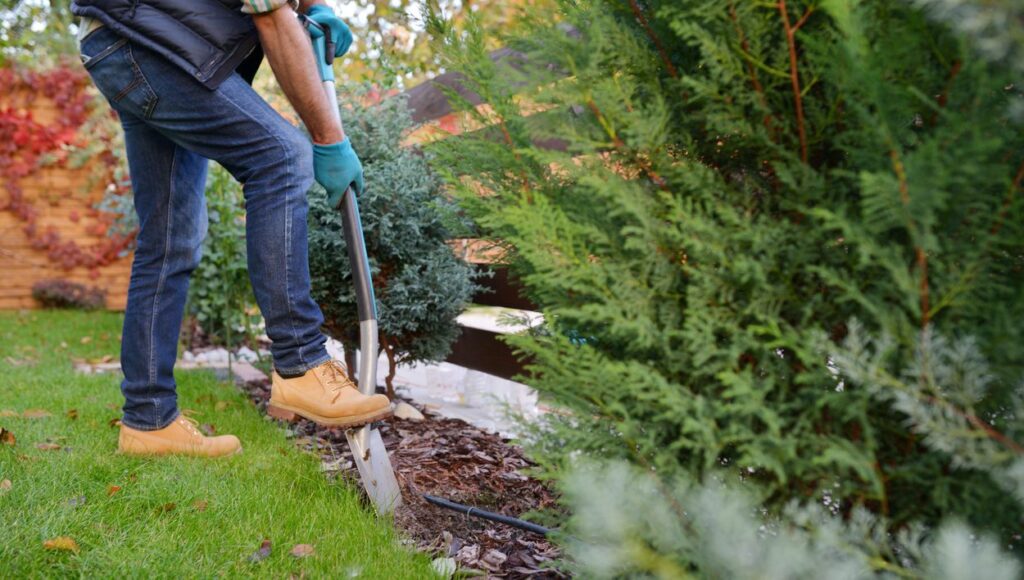
Whenever people write poems about autumn, they tend to focus on the inexorable passage of time, and how fall seems like the end of the growing season.
But here at our Chester nursery, we choose to see autumn not as an ending, but as a new beginning, the start of a new growing season and a chance to try new things and prepare for the winter.
1. Remember that the planting season isn’t over
Autumn is a good time to keep planting, especially in early autumn, as the ground still has plenty of warmth and many plants still have active roots.
Fall is also a good time to plant vegetables. You’ll have milder – but still fairly warm – weather and fewer pest insects to contend with. Peas, carrots, spinach, broccoli and lettuce all do well in cool weather.
Spring-blooming bulbs like daffodils and tulips should be planted in September or October so they’ll bloom in the spring.
2. Harvest your remaining crops
As summer begins to switch over to fall, be sure to harvest whatever remaining crops you can. Be sure to collect seeds for use in the new year.
3. Bring your herb garden indoors
If you have any herbs growing outdoors, it’s a good time to bring them inside if you see they’ve begun to wilt. Make sure they’re getting plenty of natural light by keeping them on a window ledge. If you don’t want to keep growing them through the colder months, dry them out for cooking later.
4. What’s the damage?
Walk around your garden and see how your plants fared during the summer looking for the season’s successes and failures. Check for diseases and damage. It will give you a better idea of what will work – and what won’t work – next spring and summer.
5. Clean up
While you’re checking out the garden, clean up dead plants and branches, fruit that’s dropped and any other debris. It’s also a good time to get rid of weeds. This can all become part of your compost pile.
6. Inspect and prune your trees
Inspect your trees for discoloration, damage and disease. If you spot any damaged/diseased sections, use gardening shears to trim them away.
7. Let your soil breathe
Use a rake or a hand tool to aerate your soil, which may have become compacted during the summer. Do this for your garden beds and raised beds. It helps new plants take root and access nutrients.
Once you’ve loosened the soil, add a few inches of compost to help replenish the nutrients in the soil. If you test your soil and find that it’s still lacking in nutrients, you can add fertilizer in lieu of compost.
8. Add mulch
After you’ve added compost or fertilizer, spread a thin – half an inch at most – layer of mulch over your garden bed. It can protect your soil and keep weeds from sprouting, add new nutrients to the earth and prevent pests and diseases.
Do you need help making the switch from summer to autumn in your garden? Mendham Garden Center can help. The experts at our Chester, Mendham and Annandale nursery locations have spent decades working with New Jersey gardeners to make sure they get the most out of their trees, flowers, fruits and vegetables all year round.
Visit our Chester nursery, or our sister stores in Mendham and Annandale, to learn more.
